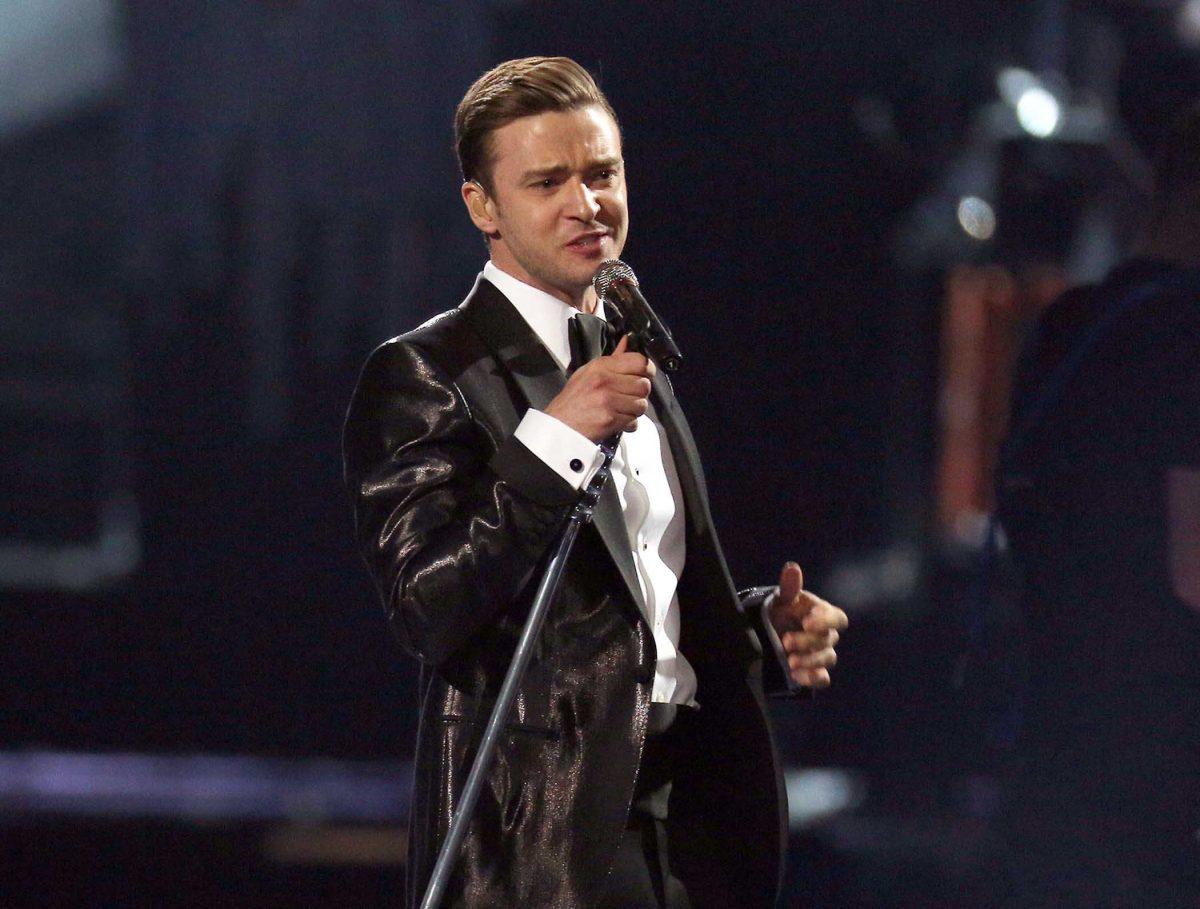Like many film adaptations, I’ve been postponing watching screenwriter Eric Roth’s take on Jonathan Safran Foer’s “Extremely Loud and Incredibly Close” for a long time. In case you were wondering, the significance of Eric Roth is that he also wrote the film adaptation for “Forrest Gump.” Rumor has it that the book’s author wasn’t happy with the result, but the Oscars and popular opinion obviously begged to differ.
Let’s make this clear—I loved the book. It was 326 pages of slightly rambling poetic prose narrated by Oskar Schell, a young boy who calls himself an amateur Francophile, inventor and many other things, who struggles to come to terms with the death of his father in the attack on the Twin Towers on September 11th, 2001.
Part of the reason I waited for long was the dread I felt in the pit of my stomach that Tom Hanks may not have delivered as Thomas Schell, or Thomas Horn as Oskar Schell. Another part was the danger of a 9/11 film coming across as artificial and heavy-handed.
The grief and shock of the characters in response to the Twin Towers attack felt real to me, and I thought that aspect was carried well.
I was mostly appeased by the performances. Just like in the book, Thomas Schell concocts quests for his son Oskar in order to sate his overwhelming curiosity, and Oskar embarks on the last of these in order to find a final message from him after he dies. What bothered me about the film’s version of the father-son relationship, were the altered circumstances.
Oskar is never defined as autistic or any variation on the disorder in the book. He is strange, curious and awkward, with a voice almost impractically injected with Foer’s own complex, adult feelings about 9/11. I think the film-making team, including Roth, didn’t know how to represent that without turning to not-so-subtle hinting at Asperger’s syndrome or autistic spectrum disorders.
Therefore, Thomas Schell was transformed into the endlessly proactive father, nudging Oskar into socially, physically and intellectually demanding situations with his quests and other games in order to counteract any detrimental effects of Oskar’s condition on his adult life.
The entire focus of the story is changed on its way to the big screen. Instead of being about the connection being a boy and his father, the grief and shock of this connection being snapped by a nationally recognized tragedy, it becomes about his disorder.
This explanation of Oskar’s character was fitting in many ways, but I preferred the story when it was focused on the dynamics of a close-knit family, and how the remaining members deal when tragedy strikes.



